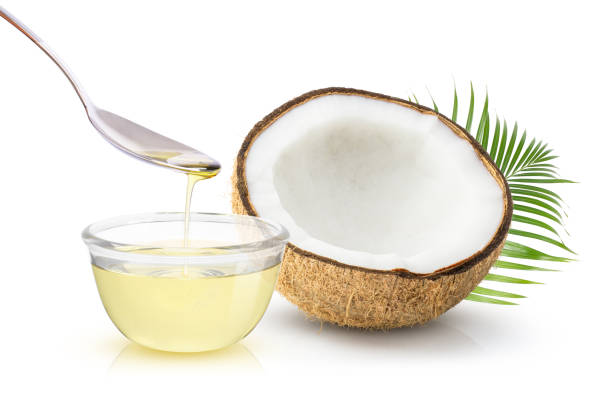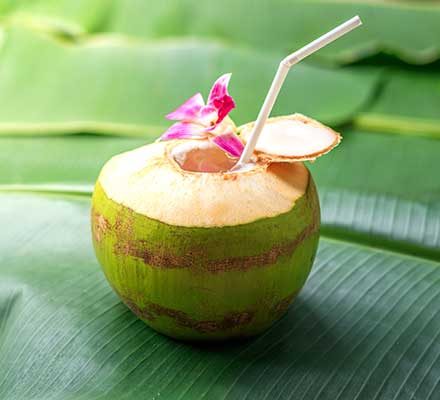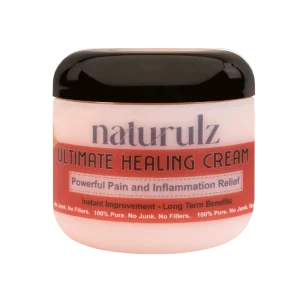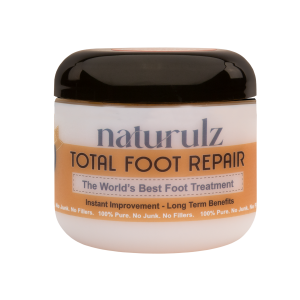The coconut palm is a long-lived tree that often reaches the ripe old age of 90. Although it won't start bearing fruit until six to ten years after germination, and it won’t reach optimal productivity until it is fifteen to twenty years old, a healthy coconut palm can continue producing fruit until around 80 years of age. Depending on a tree's age, climate, and cultural conditions, a single plant can produce anywhere from 50 to 200 coconuts annually.
The coconut is broadly adapted to tropical climates. Though commonly linked to coastal areas and lands near sea level, it is also cultivated in large inland plantations in some countries, and even in the foothills of mountains. However, it cannot tolerate frost or extremes of either flooding or drought. While often found in sandy soil, coconut palms can grow in a wide variety of soil types.
Coconuts come in two main types: tall and dwarf. These types differ in the shape and size of the nut, the husk that surrounds it, and in the particular uses each variety offers—whether as a drink, for its soft pulp, or for its mature flesh. Dwarf varieties are more resistant to lethal yellowing, a fatal palm disease, and display a range of external colors, from green and yellow to orange and even red. While tall varieties are cross-pollinated, dwarf palms typically self-pollinate.
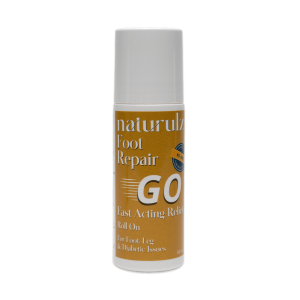 Naturulz Foot Repair GO! The World's Best Foot Treatment 3oz Roll-On
×
$17.991 × $17.99
Naturulz Foot Repair GO! The World's Best Foot Treatment 3oz Roll-On
×
$17.991 × $17.99